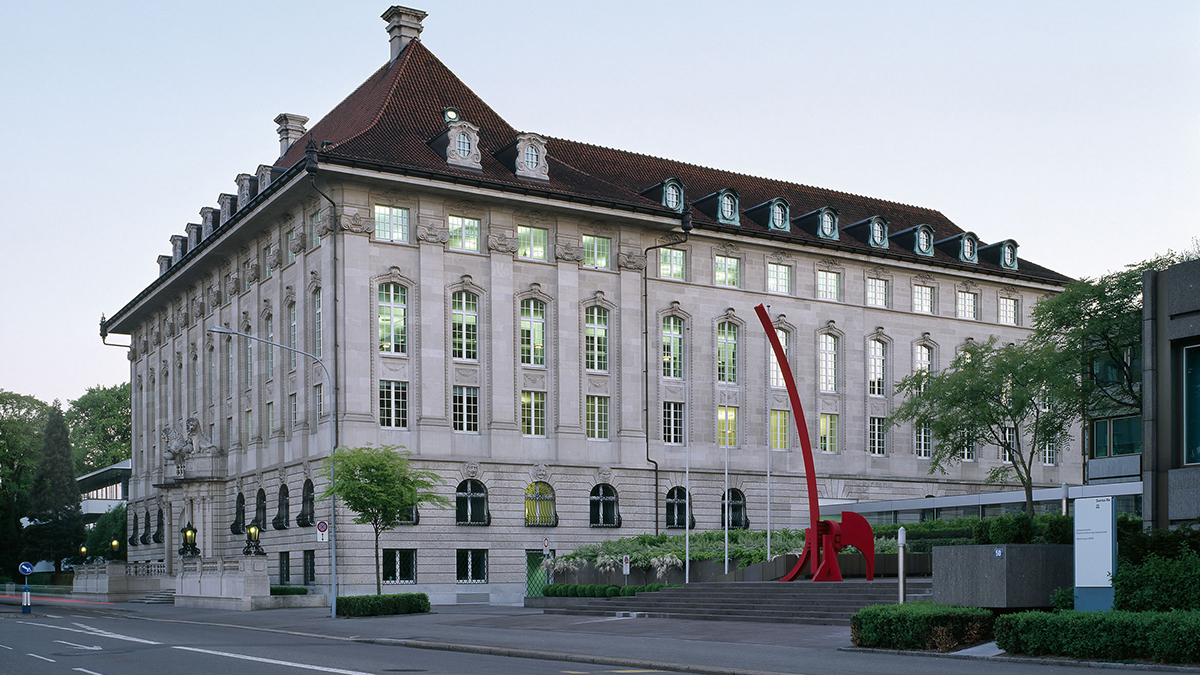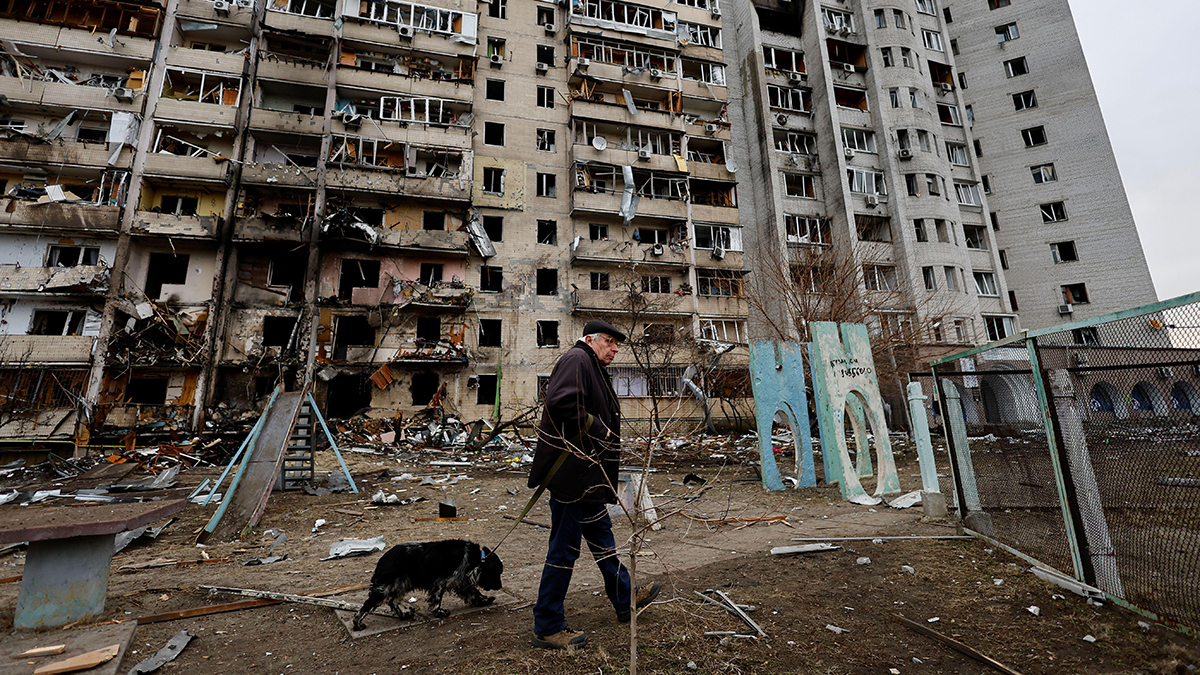Swiss Re unlikely to increase natural catastrophe exposure: Dacey
John Dacey said there was 'true market dislocation in reinsurance broadly and natural catastrophe specifically'
The reinsurer reported a $285m loss for the first nine months of 2022, driven by higher-than-expected catastrophe losses
Swiss Re’s group chief financial officer has suggested the business would not meaningfully increase its natural catastrophe exposure this renewals period.
John Dacey said the reinsurer would continue to provide catastrophe reinsurance to the market but implied that the business was not looking to grow the line.
“It's not obvious that we will actually increase in any meaningful way our overall exposure [to natural catastrophe]. What we will be is a committed participant in this space,” he said.
He also said he expected both rates and retentions to increase, predicting a “challenging” renewals period especially for business from Florida.
His comments come as Swiss Re reported a net loss of $285m for the first nine months of 2022, driven by a $442m net loss in the third quarter.
Property and casualty (P&C) reinsurance saw a net loss of $283m for the first nine months, compared to a net income of $1.5bn in the same period last year.
This was largely because of higher natural catastrophe claims of $2.5bn, mainly related to Hurricane Ian, floods in Australia and South Africa and hailstorms in France, as well as lower investment results.
Net premiums for P&C increased slightly to $16.6bn, supported by continued price improvements, while the line saw a combined ratio of 106.1% and a normalised combined ratio of 96.2%.
Speaking to investors, Dacey said there was “true market dislocation in reinsurance broadly and natural catastrophe specifically”, adding inflation was increasing the values of assets being insured.
"As we go forward, we will work with clients that are willing to acknowledge the underlying risks and the appropriate prices,” said Dacey. “I would expect a material increase in that pricing and I would expect a material increase in the retentions of risk by primary companies as we move forward.”
'As we go forward, we will work with clients that are willing to acknowledge the underlying risks and the appropriate price. I would expect a material increase in that pricing and I would expect a material increase in the retentions of risk by primary companies as we move forward'
John Dacey
Swiss Re
Swiss Re has increased reserves by $0.7bn over the past 12 months to address the impacts of inflation, and Dacey said the business was “comfortable that we are in good shape”.
He added that the economics of the reinsurance industry had changed over the last five years, and that reinsurers require better expected returns on their business.
“The discussions with our clients are in some ways reflecting that reality [and] are likely to leave some people unhappy with the amount of price increase that we believe is appropriate in this moment,” Dacey said.
“We'll see where the January 1 renewals go, but it will be challenging broadly speaking and especially with respect to anything touching the Florida market I expect.”
Swiss Re’s corporate solutions line saw a net income of $356m in the first nine months, compared to $425m the previous year and a combined ratio of 93.1%.
This was despite reserves related to the war in Ukraine and a $187bn natural catastrophe loss, mostly related to Hurricane Ian and flooding in Australia.
Net premiums for corporate solutions increased 4.6% to $4.1bn in the first nine months.



